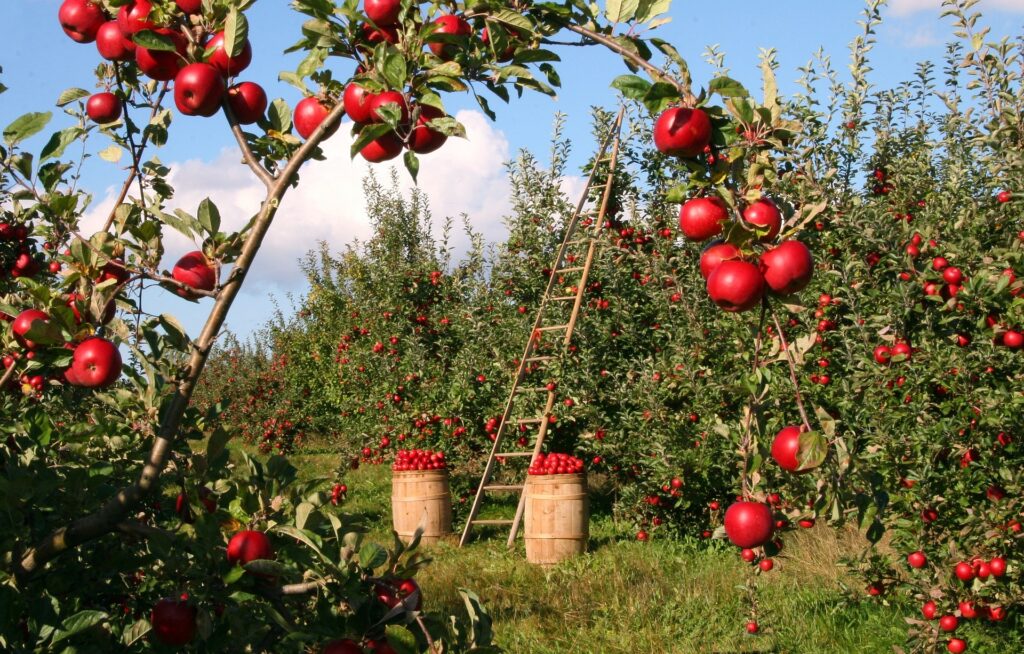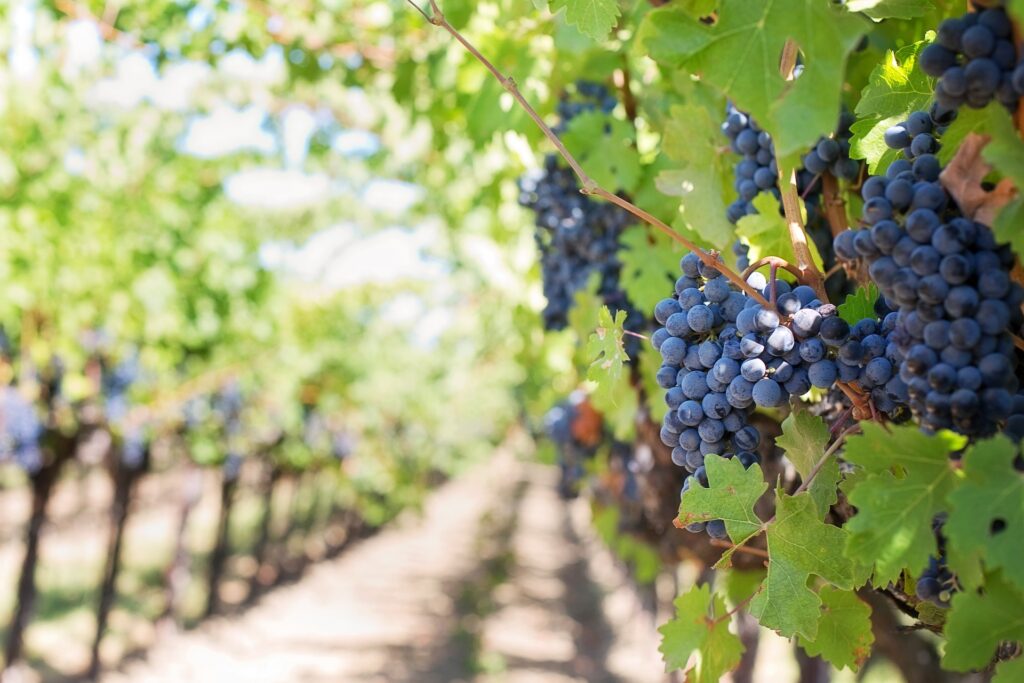Higher food prices and supply disruptions caused by the Russia-Ukraine war put a spotlight on one of Egypt’s most serious problems: importing too much of its food supplies. IFPRI-Egypt, an agriculture think tank, estimated in a January paper that imports account for more than 40% of the country’s calorie consumption.
A breakdown shows Egypt imports 90% of its cooking oils, is the world’s biggest wheat importer, and relies almost solely on Russia and Ukraine for essential commodities. The International Fund for Agriculture Development estimates 85% of Egypt’s wheat imports and 73% of its sunflower oil come from those two nations.
And food prices have increased at unprecedented rates. Joseph Glauber, a senior research fellow at the International Food Policy Research Institute, told ABC News in February that global food price inflation in 2022 was triple the “typical” annual rate before the war.
That, combined with the Egyptian losing half its value against the dollar, adds further stress. Data from Egypt’s Central Bank shows that in January, food prices increased by 61% since a year earlier.
To counter that inflation, President Abdel Fattah el-Sisi announced in March a project to increase Egypt’s farmland by a third. Meanwhile, the government has multiple initiatives and programs to promote private-sector agricultural investments.

National strategy
The overarching plan to attract agricultural investment, known as the Food and Agriculture for Sustainable Transformation (FAST) initiative, was announced during the November U.N. Conference of the Parties (COP27). In its official blurb, FAST’s “aspirational goal … is to implement concrete actions that would result in improving the quantity and quality of climate finance contributions to transforming the agriculture and food systems by 2030.”
A significant component of FAST is governance. According to the initiative’s document, the Food and Agriculture Organization (FAO) and “other U.N. agencies” will provide “objectivity, independence, and credibility” for projects.
The initiative will have three “concrete deliverables,” starting with finance. The government will “identify subsector gaps and prioritize urgent underfunded adaptation needs for small-scale producers.” Next, it will take priority projects “bankable” to secure international financing.
The second “concrete deliverable” is to “provide necessary analyses, develop voluntary guidelines, and support capacity development.” The government promised to create a “platform” to collect and disseminate data and knowledge about Egypt’s agri-food systems.
The government also would “develop guidelines, datasets, [and] tools” for agricultural investors, creating a hub similar to the FAO’s Climate Change Knowledge Hub. A main priority is to “support the development of innovations combining technology, knowledge, and financial engineering to unlock financing to the sector.”
FAST’s last target is the introduction of investor-friendly policies and ensuring investors have a “better understanding of country priorities, challenges and support needs.” Those regulations focus on “developing a science-based vision” that facilitates international partnerships.
U.S. agencies are some of the main collaborator’s FAST targets, including America’s global hunger and food security initiative “Feed the Future,” and the “President’s Emergency Plan for Adaptation and Resilience.” FAST also will work with U.N. agencies, such as the FAO’s Livestock Environmental Assessment and Performance (LEAP) Partnership and the Thematic Working Group on Agriculture, Food Security and Land Use.

Other state efforts
The government also has focused initiatives. In July, the Ministry of International Cooperation launched the Nexus of Water, Food and Energy (NWFE) program to attract foreign investment in those three vital sectors. So far, it has announced nine projects worth $14.7 billion, including five that are food-related worth $3.3 billion.
There are more agriculture and food projects to come under the NWFE. According to the program’s blurb, the target is to “add 10.6 million tons of wheat, 10.5 million tons of maize, 5.5 million tons of rice, and 1.5 million tons of sorghum” by 2030.
There should be significant opportunities for the private sector. “The plan is designed to be a public-private partnership with … the private sector contributing the lion’s share [72%] of investments.” In January, African Development Bank President Akinwumi Adesina announced the bank would more than double its funding to NWFE from $1.6 billion to $3.6 billion.
The other significant agricultural investment initiative is the Scaling Up Climate Ambition on Land Use and Agriculture (SCALA) program. The Ministry of Environment announced it a year ago in cooperation with the FAO and United National Development Program, sponsored by Germany’s International Climate Initiative.
SCALA projects are directed by Egypt’s National Adaptation Plan and National Determined Contributions. Its focus is “translating agriculture and land use priorities” into projects. It also will help investors conduct climate risk and vulnerability assessments.
Creating opportunities
Aside from government initiatives, agricultural investors should witness a boom in opportunities nationwide. Sisi’s plan to increase arable land by 3.5 million acres would see the addition of nearly 2.2 million to the New Delta region, 1.5 million in Toushka, and 460,000 in central Sinai.
In February, the State Information Service said the government intends to “increase local food and agriculture production by 11%” until 2030. That is nearly the rate of GDP growth forecast for 2023.
Agricultural investors also have an opportunity to export Egypt’s high-value crops, such as mangos, strawberries, potatoes, and oranges. The government’s Information and Decision Support Center said Egypt’s agricultural exports reached 6.3 million tons in 2022, an all-time high, and nearly 14% above 2021.
Export opportunities should increase further, as the minister of agriculture told the Senate in February of plans to expand the cultivation of nine exportable fruits and vegetables in 2023.
Long-term, sustainable food security is increasingly urgent for Egypt’s future. However, decreasing dependency on imported food is complicated. “Increasing agricultural production requires time, effort, and considerable cost,” Sisi told the media when announcing the 3.5 million acre project. “We are racing against time.”







